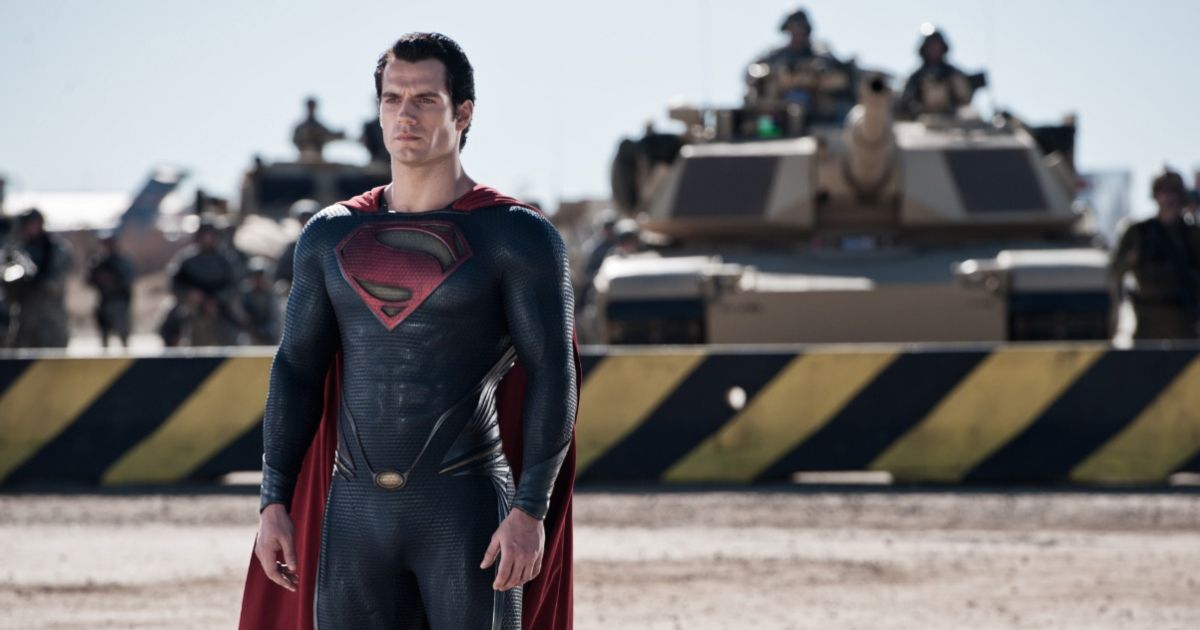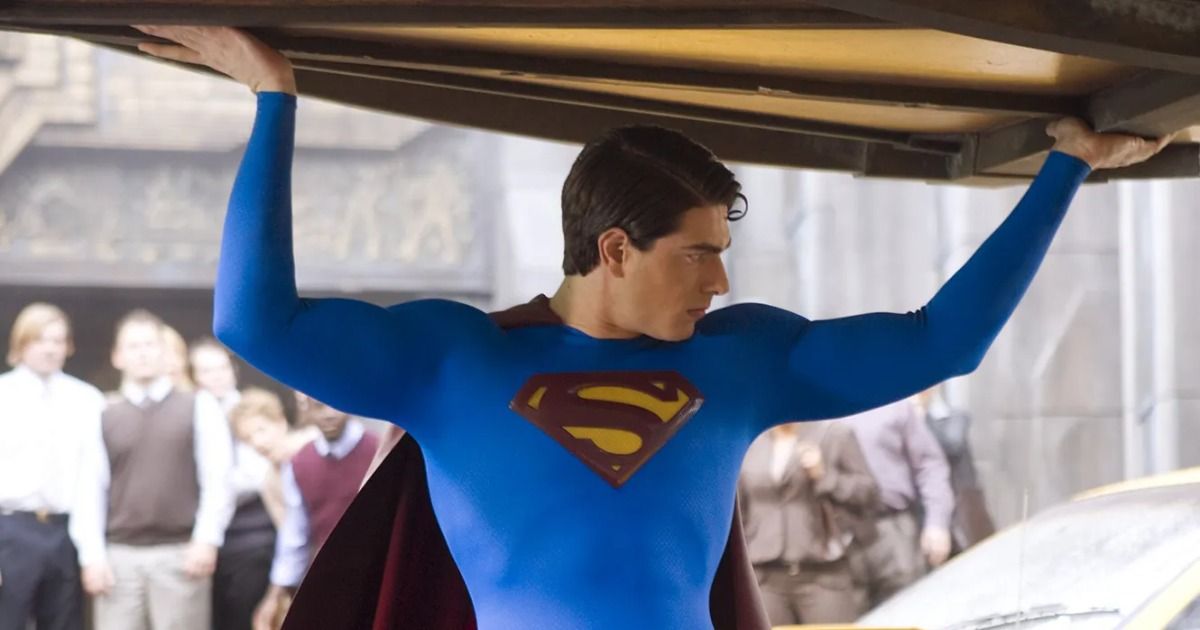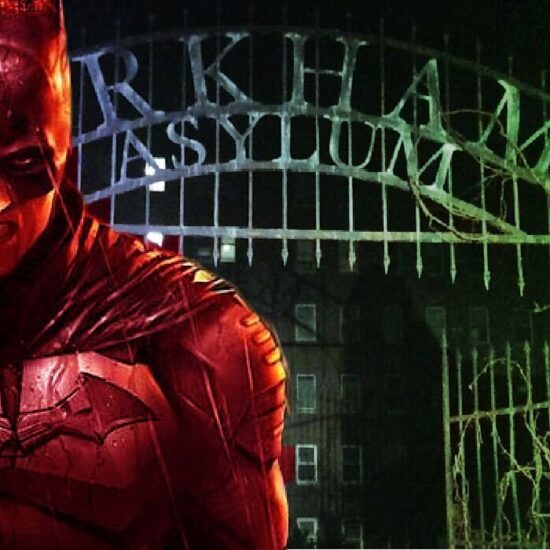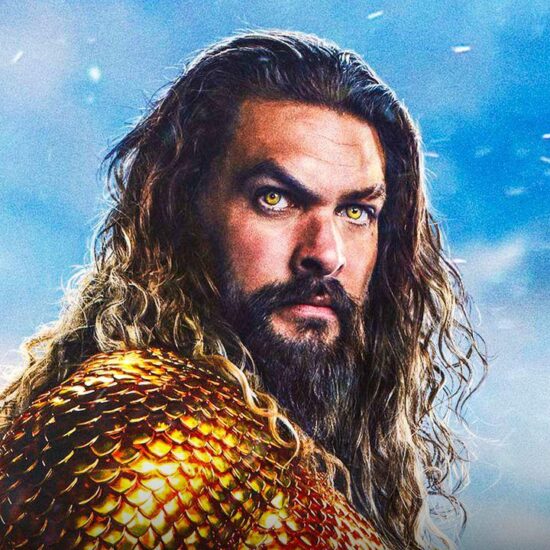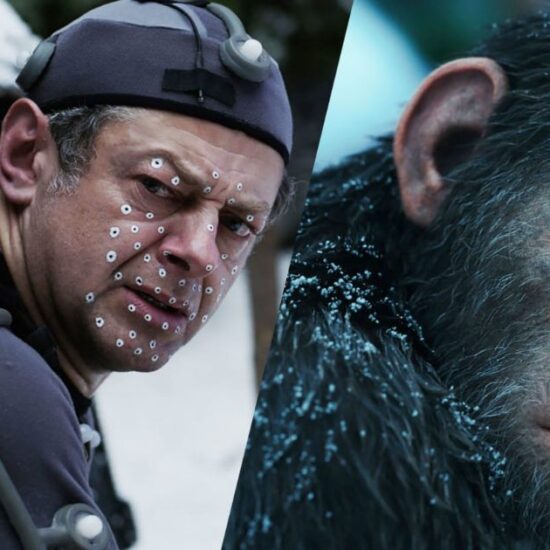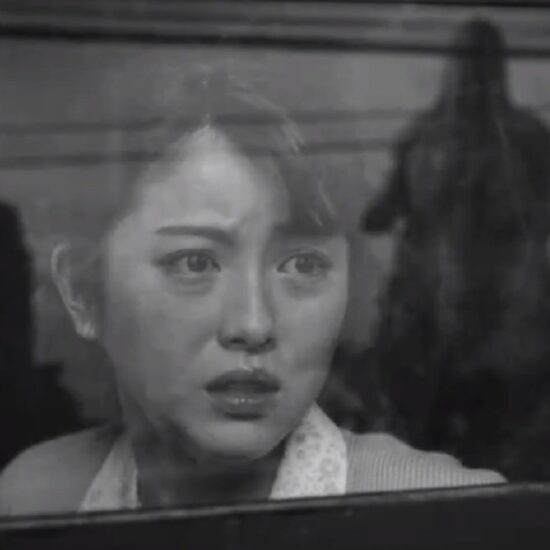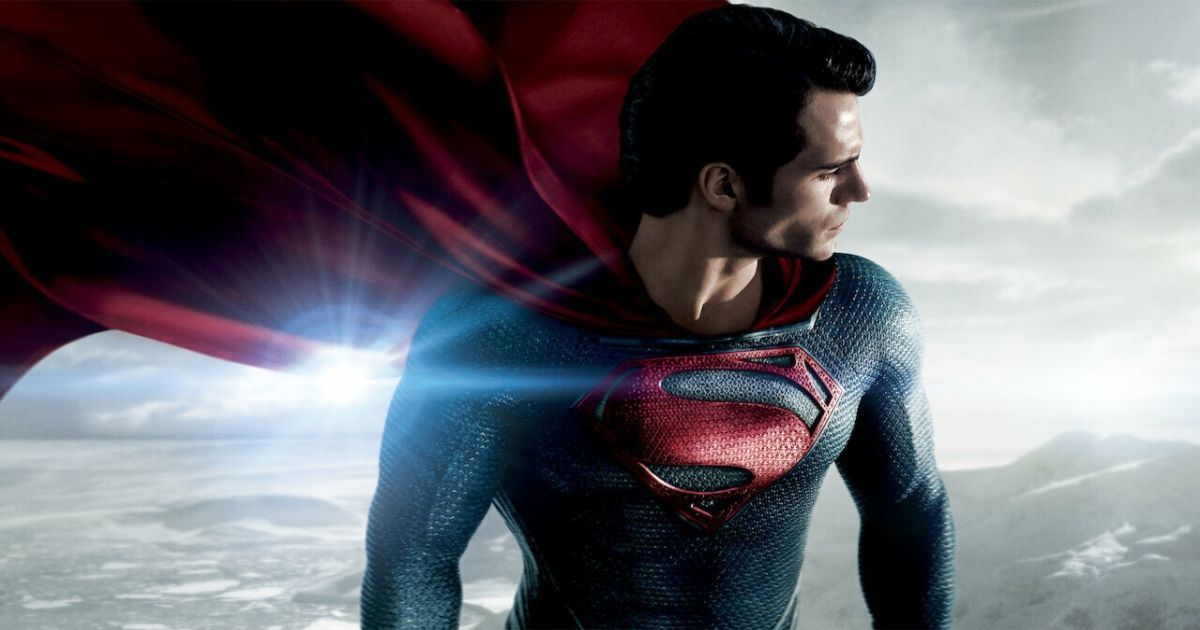
While DC comic book fans would heavily debate whether Superman or Batman is the better character, there’s no question as to whose films have come out on top. Batman has been a staple of cinema since Adam West’s performance in the 1960s television show, and the subsequent performances by screen legends like Michael Keaton, Kevin Conroy, Val Kilmer, George Clooney, Christian Bale, Will Arnett, Ben Affleck, and Robert Pattinson have all reinvented The Dark Knight in different ways. However, the definitive version of Superman on the big screen seems like it will always be Christopher Reeve. Reeve’s performance in Superman: The Movie served as a template for the superhero genre, and it still stands as one of the most memorable comic book films of all-time. While Superman II was an excellent follow-up, the later sequels Superman III and Superman IV: The Quest For Peace were disappointments that didn’t set up a future for the Man of Tomorrow.
After DC’s success in relaunching the Batman franchise, there were two subsequent attempts to get the Superman story right on the big screen. However, 2006’s Superman Returns and 2013’s Man of Steel couldn’t have been more different. Superman Returns was set within the same continuity as the original Reeve films and starred Brandon Routh as the same optimistic hero; Man of Steel was a more grounded reboot that set up Henry Cavill as a darker Superman within the DCEU. It’s fascinating to compare two completely different approaches to the same character and address where they each succeed and come up short.
Nostalgia vs. Radical Reinvention
The stark differences between Man of Steel and Superman Returns come from the perspectives that the films’ directors had about the direction they wanted to take the character. X-Men and X2 director Bryan Singer said that he wanted to direct Superman Returns because “it was the Richard Donner classic film that was my day-to-day inspiration in shaping the X-Men universe for the screen.” His nostalgia for the original tone and feel of the early Reeve films is evident. However, Zack Snyder wanted to radically reinvent the character from the ground up; he said (per Forbes), “If you really analyze the comic book version of Superman, he’s killed, he’s done all the things.” Beyond the dark atmosphere of Snyder’s visuals, Man of Steel presents a genuinely miserable version of the world where Superman is treated as a threat.
The visuals and aesthetics also reflect these two filmmakers’ differences. With its bold, eye-popping colors, the use of the original John Williams score, and exciting action scenes that show Superman saving people, Superman Returns feels like a direct continuation of the events in Superman II (although it effectively ignores Superman III and Superman IV: The Quest for Peace). Snyder’s dark visuals, excessive violence, and more violent action scenes feels closer to what he did with his adaptation of Watchmen.
Optimism vs. Pessimism
It’s also clear from the end of each film that Superman Returns and Man of Steel have different intentions on how the character fits into the modern world. In Superman Returns, the Man of Steel returns to Earth after an extended absence. Although he initially finds that the world no longer wants him, as Lois Lane (Kate Bosworth) has written a book decrying him, Superman ultimately finds a new purpose in raising a child, saving the planet, and once again facing off against Lex Luthor (Kevin Spacey). It showed a version of the character who could face hardship and come out on top. While Superman Returns certainly emulates the corniness of some of the earlier films in some instances, it does present a more complicated point-of-view; the shadow of 9/11 looms over the story, as it was the first Superman film released since the September 11 tragedy.
Comparatively, Snyder does not see Superman as a particularly uplifting character. His depiction of the Man of Steel feels largely inspired by Christian religion, which is odd considering that Superman’s creators, Jerry Siegel and Joe Shuster, were Jewish. There are many allusions to the crucifixion and even a scene where Superman is seen talking to a priest. Ultimately, Superman does more harm than good, leaving Metropolis buried in rubble after his fight with General Zod (Michael Shannon). He’s also conflicted on the advice that he’s received from his two fathers, as Jonathan Kent (Kevin Costner) warned him to keep his powers secret, yet Jor-El (Russell Crowe) claimed that he was meant to be humanity’s savior. The film ultimately concludes that any true hero is destined to be hated by a society that doesn’t understand them, and that coexistence isn’t possible.
Brandon Routh vs. Henry Cavill
The truth is that no actor will ever live up to the standard that Reeve set; while James Gunn will certainly search long and hard to find the right star to portray Clark Kent in the new DC universe, Reeve’s performance is one of the most legendary in film history. However, both Routh and Cavill certainly do a commendable job interpreting the character in different ways. Routh is essentially doing an impression of Reeve, as he’s meant to be the same character; it’s interesting to see how his version of Superman now feels out-of-touch in a more cynical society, which Superman Returns uses for both comedic and dramatic story beats. Even when Superman is nearly killed by Luthor, he still shows a sense of self-determination. Cavill certainly had to play an angrier, more self-conflicted, and volatile version of Superman, but he got to show pure joy during the memorable first flight sequence where Clark finally unlocks his powers and takes flight around the globe.
Unfortunately, neither actor got to really show off Superman’s romantic side, as neither film nailed the character of Lois. Bosworth’s performance in Superman Returns comes off as overtly aggressive, but Routh got to still show Superman’s empathetic side thanks to his friendship with Jimmy Olsen (James Marsden). Amy Adams’ version of Lois in Man of Steel was severely underdeveloped, and unfortunately her chemistry with Cavill didn’t seem authentic; however, Cavill did have some great moments with Sally Field, who turned in a moving performance as his adopted mother.







